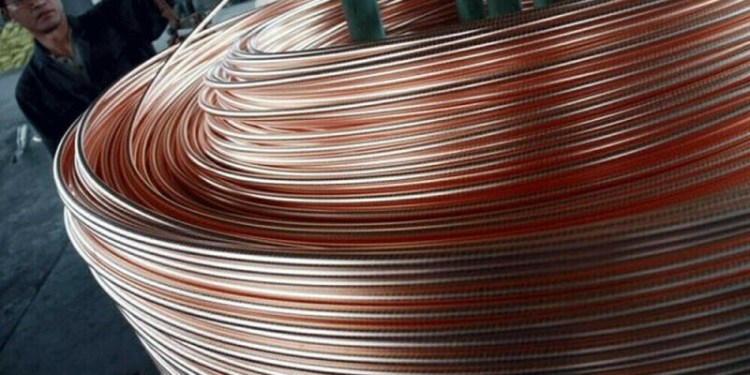By Luis J. Valentin Ortiz
NEW YORK (Reuters) – The Puerto Rican power utility known as PREPA, operating on a $300 million loan from the island’s bankrupt government, could need more cash by early May to stay afloat, a lawyer for Puerto Rico’s federally appointed oversight board said on Wednesday.
PREPA, which itself is bankrupt, was devastated by September’s Hurricane Maria. The storm destroyed much of its electric grid and thousands of Puerto Rico’s 3.4 million American citizens remain without power more than five months later.
Puerto Rico’s government lent the utility $300 million in February, and PREPA was expected to need more liquidity by the end of March, attorney Martin Bienenstock said at a San Juan court hearing on Puerto Rico’s bankruptcy case.
Better-than-expected collections, however, provided more breathing room, and PREPA could “have money to get to at least early May,” said Bienenstock, who represents the federal board tasked with helping Puerto Rico regain access to capital markets.
Puerto Rico was already navigating the biggest bankruptcy in U.S. government history — with $120 billion in combined bond and pension debt — when Maria slammed it on Sept. 20, decimating infrastructure, killing dozens and causing tens of billions of dollars in damages.
In January, Governor Ricardo Rosselló announced plans to privatize PREPA, a move that brought an objection from Puerto Rico’s energy regulator.
$50 MILLION IN FEES
Also on Wednesday, U.S. District Court Judge Laura Taylor Swain gave Puerto Rico permission to pay up to $50 million in fees and expenses charged by professionals who work on the bankruptcy cases.
A report by court-appointed fee examiner Brady Williamson raised flags over firms’ alleged duplicative work, lack of billing details and over-attendance at hearings and mediation sessions. Williamson added that he believes everyone “will get better at” the billing process in the future.
Fees are a hot-button issue in big bankruptcies because they are public and because money that goes to a debtor’s lawyers comes out of creditors’ pockets. Top bankruptcy lawyers tend to charge higher-than-average rates, sometimes more than $1,000 an hour.
Judge Swain stressed that it was essential that professionals make “careful use of resources,” adding that she had observed some of the same issues raised by Williamson.
“The eyes of history are on all of us,” Swain said. “The people of Puerto Rico cannot afford to spend millions and millions of dollars in professional fees.”
Fusion Media or anyone involved with Fusion Media will not accept any liability for loss or damage as a result of reliance on the information including data, quotes, charts and buy/sell signals contained within this website. Please be fully informed regarding the risks and costs associated with trading the financial markets, it is one of the riskiest investment forms possible.
Source: Investing.com


























